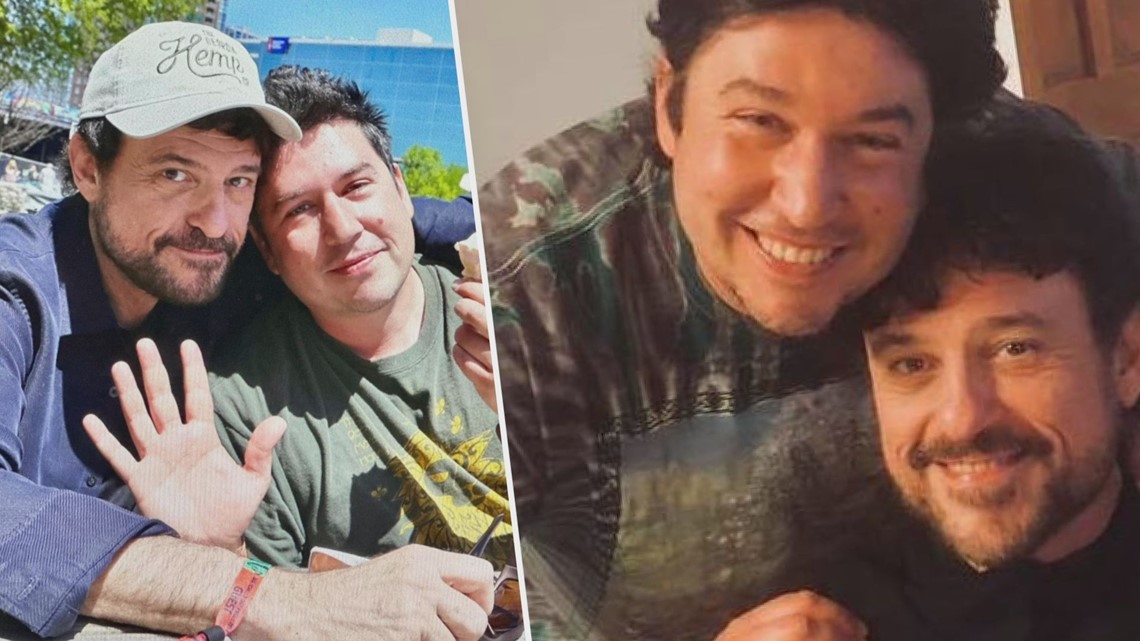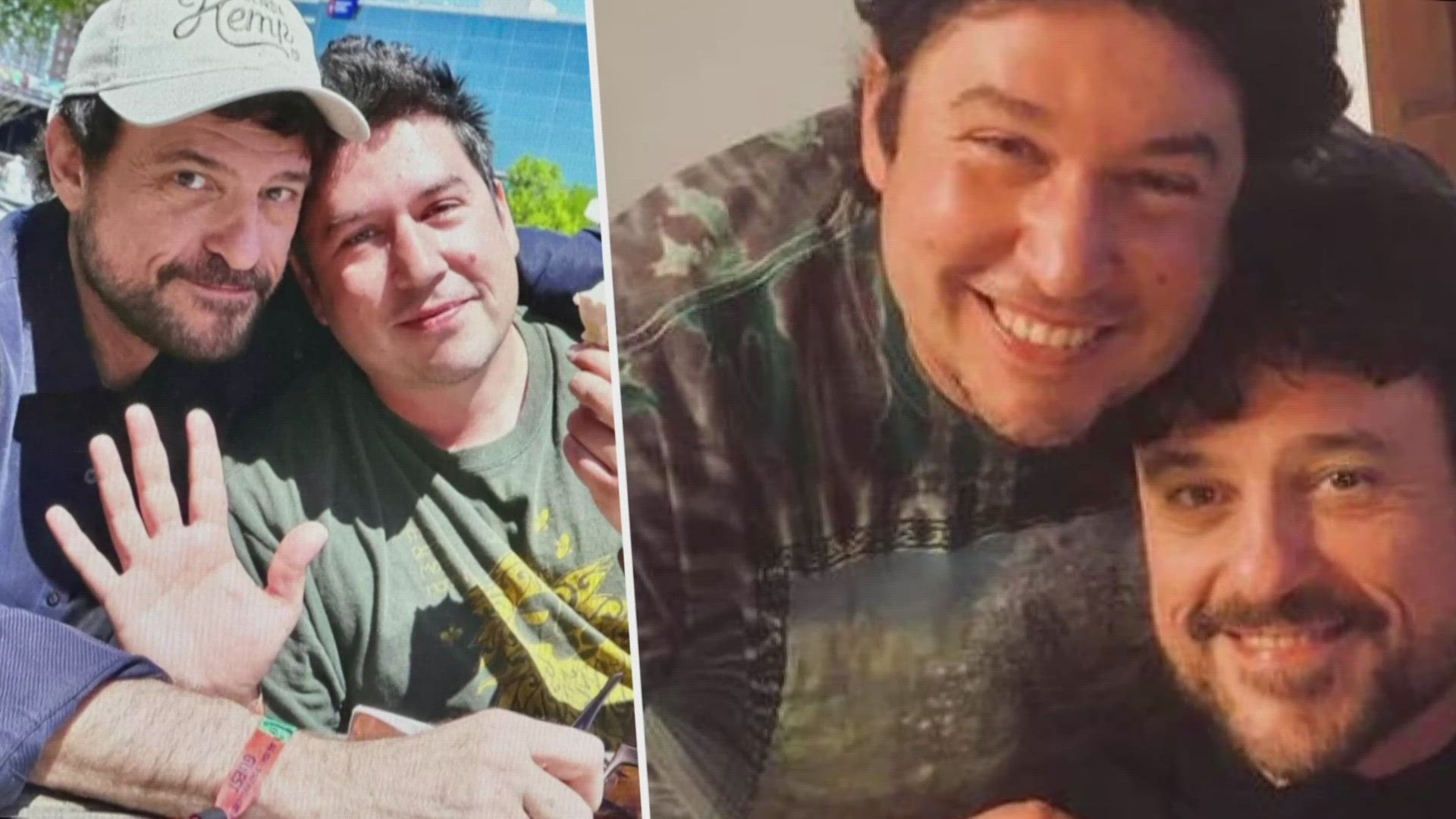NEW ORLEANS — A grieving father is suing Orleans Parish Coroner Dwight McKenna for gross negligence, saying McKenna’s office treated his son’s remains “like trash” and let them decompose into “soup” before identifying his body.
The lawsuit comes after a WWL Louisiana investigation with The Times-Picayune this summer, which exposed long delays in identifying bodies at the coroner’s office. One of those was 42-year-old Justin Smith, who died June 18 but wasn’t identified for almost a month while his remains were allowed to decompose in a broken cooler.
Smith’s father, Sidney Smith, searched for weeks before learning his son’s body had arrived in the morgue soon after he disappeared. His son’s body underwent an autopsy on June 19, the day after Justin’s death, but Sidney Smith didn’t find him until he went to the coroner’s office with photos of Justin and demanded to know if he was in the morgue.
Despite hiring a private detective, filing a missing-person report and obtaining a protective custody order aimed at getting Justin Smith treated for mental illness, it took Sidney Smith until July 12 to learn his of son’s death.
Sidney Smith only learned that Justin Smith’s body was in the morgue after a conversation with his son’s psychiatrist, who had heard that an unidentified body was there fitting Justin Smith’s description.
In a particularly shocking allegation, Sidney Smith’s lawsuit says he happened to go to the coroner’s office on June 20, the day after his son’s autopsy, unaware Justin was dead. He was there seeking a second order for protective custody (OPC) after the first one – which the police need to have someone committed to a mental facility – had expired.
“Sidney was told by the receptionist that in order to file another OPC, Sidney would need to know exactly where Justin currently was before the police could be dispatched to pick him up,” the lawsuit says. “Unbeknownst to Sidney, Justin's dead body was already right there at the Coroner's Office lying in the morgue while this conversation was occurring.”
Sidney Smith’s lawsuit names McKenna in his official capacity as the elected coroner and the office itself. It claims the coroner’s office failed to identify Justin Smith, failed to properly care for his remains, and caused mental anguish and severe emotional distress for Sidney Smith.
The lawsuit doesn’t name the New Orleans Police Department as a defendant but also alleges the NOPD failed to issue a missing-person report for Justin when his father filed it two days before his son’s death.
“Sidney filled out the proper forms and submitted them to the police officer on duty at the (8th district) station” on June 16, the lawsuit alleges. “Sidney later learned that the police did not report Justin as a missing person and no item number was created. The NOPD simply did nothing.”


As WWL and The Times-Picayune reported in August, the coroner’s office fingerprinted Justin Smith on June 25, a week after his death, but NOPD admitted it failed to process the prints for two weeks because the air conditioning was broken in the office where that analysis is done.
“In the process of trying to ID Smith, without the advantage of identification via fingerprints, the family came in with a photograph, which we used to ID their loved one,” McKenna said in a statement on Aug. 24. “We never stopped the process of trying to ID Justin Smith.”
The coroner’s office declined to comment on the new lawsuit by Sidney Smith.
But McKenna’s office has already responded to a separate lawsuit by a DeRidder family making similar allegations. In that case, the coroner’s office misidentified Benjamin Pfantz as Benjamin Peantz in September 2022, the Times-Picayune reported.
Over the course of the next eight months, the coroner’s office repeatedly told the Pfantzes it didn’t have Benjamin’s remains, then cremated him against their wishes because his body had gone unclaimed.
In the Pfantz family’s lawsuit, the coroner’s office argued it is not a separate government entity and therefore can’t be sued. It cites a recent ruling by an appeals court that found the New Orleans City Council is not a separate entity from the City of New Orleans and therefore didn’t have standing to sue the mayor.
The coroner’s office is created by the Louisiana Constitution as a state office and is considered part of the judicial branch, according to the Louisiana Legislative Auditor.
► Get breaking news from your neighborhood delivered directly to you by downloading the new FREE WWL-TV News app now in the IOS App Store or Google Play.

